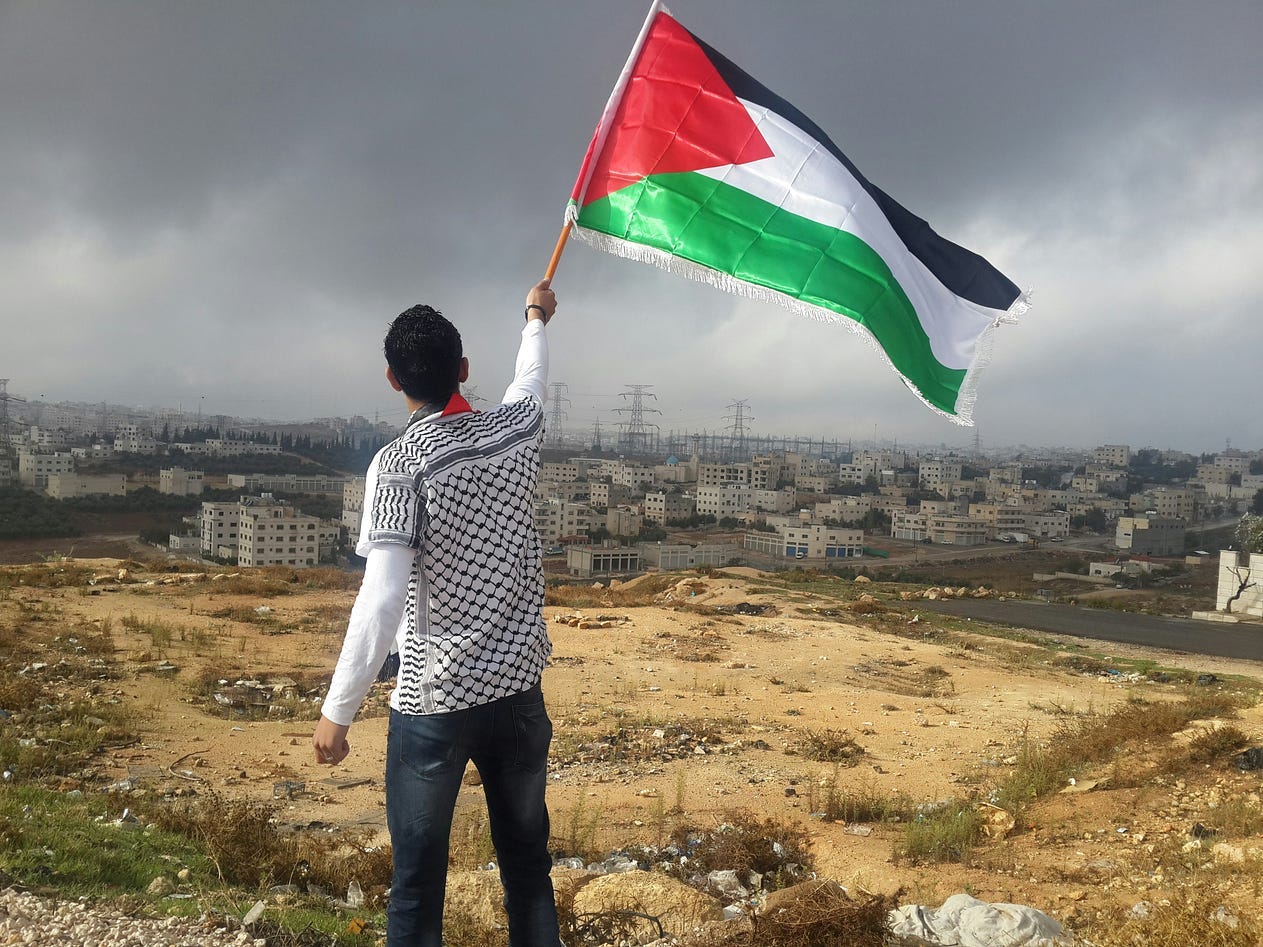The Middle East Debate Is Above Our Level of Discourse
And why we need to promote nuance over noise

As a Jew who’s been to Israel, it might be expected that I have a lot of thoughts about what’s going on right now in the Middle East. But the truth is, it’s because of the time I spent there that I only feel qualified to wade into this controversy on rare occasions. I have a better understanding now of just how much…
Keep reading with a 7-day free trial
Subscribe to The Gen Z Report to keep reading this post and get 7 days of free access to the full post archives.

